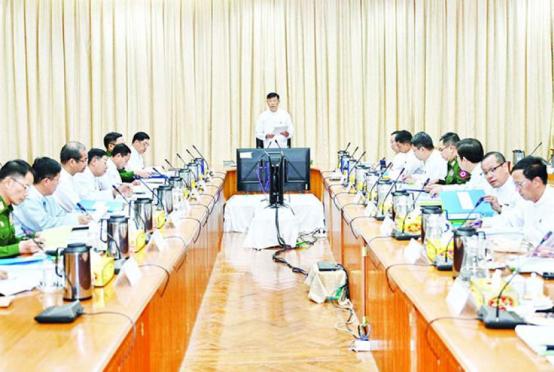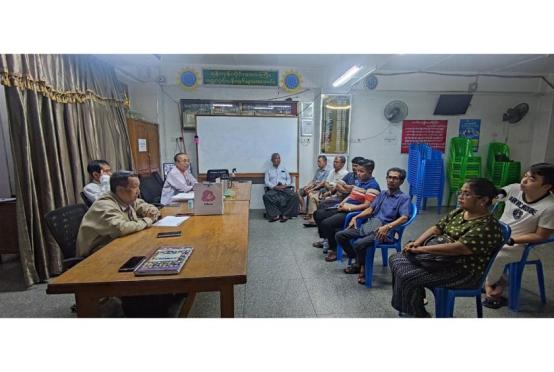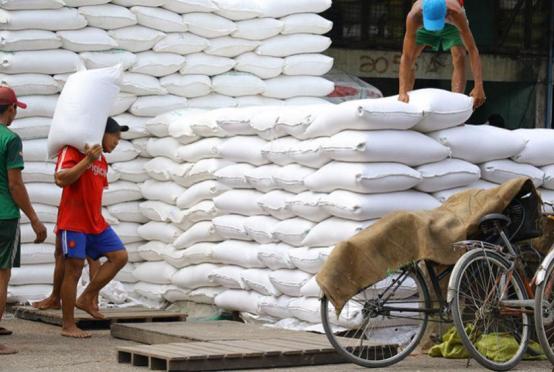
TAIPEI (The China Post) — The European Union removed Taiwan from its illegal fishery watch list on June 27, an acknowledgment of the progress made by the country and its improved administrative systems to combat illegal, unreported and unregulated fishing (IUU).
The EU decided to lift the yellow card to recognize Taiwan’s reforms put in place over the past three and a half years to tackle IUU fishing, the European Commission said in a statement issued Thursday.
“I welcome the considerable efforts undertaken by Taiwan to reform its fisheries legal framework, implement new control tools and improve the traceability of marine fisheries products,” said Karmenu Vella, European Commissioner for Environment, Maritime Affairs and Fisheries.
“The EU’s dialogue with Taiwan has shown again that international cooperation is a key driver towards healthier ocean management,” Vella said.
In October 2015, Taiwan was placed on the EU watch list for insufficient cooperation in combating illegal, unreported and unregulated fishing. Since then, the European Commission and Taiwan have engaged in three and a half years of intense cooperation and dialogue.
“As a result of that cooperation, Taiwanese authorities now have a broad range of modern and efficient tools to fight IUU fishing in place,” the statement said, noting that Taiwan has also reinforced obligations imposed on Taiwanese operators owning fishing vessels flagged to third countries.
“I have witnessed the hard work Taiwan has put in to improve the overall fishery regulations and management system to combat IUU fishing,” said Madeleine Majorenko, head of the European Economic and Trade Office (EETO) — the EU’s representative office in Taiwan.
“The combat of IUU fishing is a long battle, and the lifting of the yellow card today is not the end,” she said. “Instead, it marks the beginning for Taiwan to fulfill its commitments to ensure the sustainability of the ocean.”
Taiwan President Tsai Ing-wen welcomed the European Commission’s decision to remove Taiwan from the EU watch list.
“We succeeded in protecting Taiwan’s NT$40 billion worth of annual fishery exports,” Tsai wrote on her Facebook page Thursday.
Because Taiwan was placed on the fishery watch list, some international buyers were unwilling to import fishery products from us, she said, adding that the hard work and perseverance of the government, local fishery associations and businesses have safeguarded Taiwan’s fishery industry.
Although Taiwan celebrated the EU’s decision, international NGOs that have long criticized what they say is widespread labor exploitation on Taiwanese-owned vessels expressed concern Thursday.
The Environmental Justice Foundation (EJF), a UK-based nonprofit organization that works internationally to protect the environment and defend human rights, told CNA that the EU did not consider human rights issues as part of its decision.
EJF investigations have found serious human rights violations that still need to be addressed, particularly on Taiwan’s distant water tuna vessels, the organization said, urging Taiwan to move quickly to install electronic monitoring with cameras on all its longline vessels.
Tens of thousands of migrant fishermen are thought to be employed on Taiwan-owned vessels, and their plight has been reported by international media and repeatedly highlighted in the annual Trafficking in Persons report issued by the U.S. Department of State.
Many of those fishermen are reported to have suffered physical abuse, poor working conditions and been underpaid and overworked.
https://chinapost.nownews.com/20190628-615658









![[Photo credit: Shwe Yoathlwar charity group]](https://elevenmyanmar.com/sites/news-eleven.com/files/styles/most_read_img/public/news-images/plaza.jpg?itok=v6Gn0YGX)





